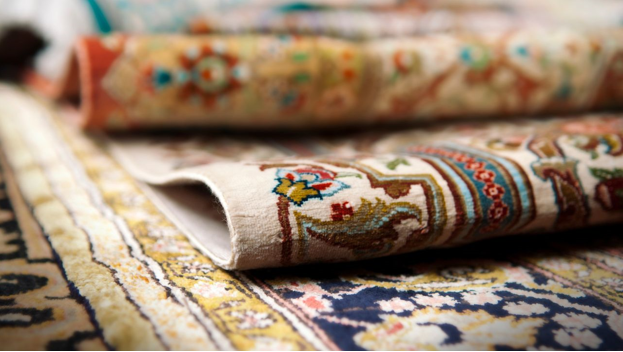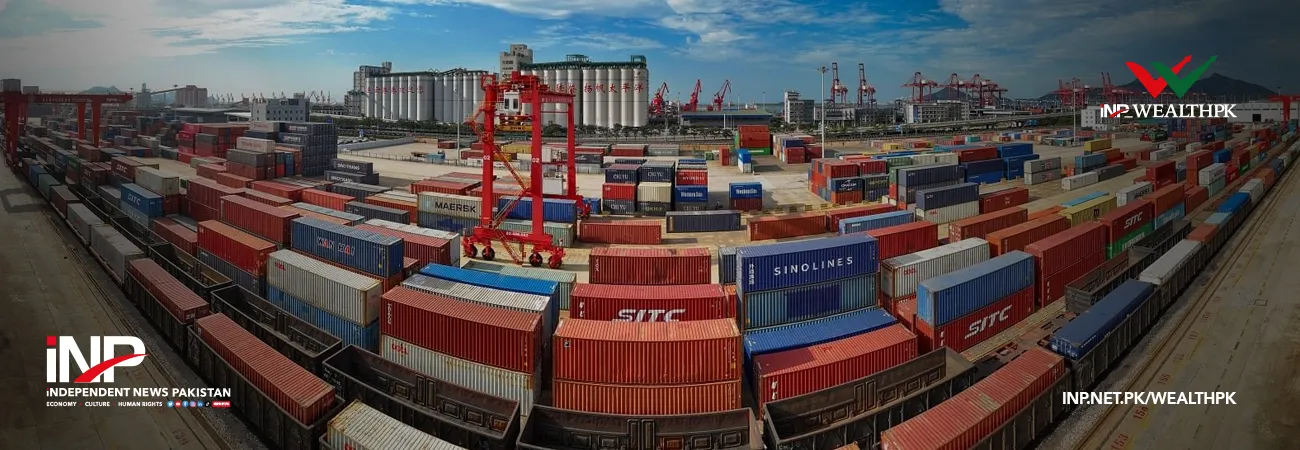آئی این پی ویلتھ پی کے
Muhammad Saleem
Pakistan’s carpet industry is struggling to stay afloat as rising tensions with Afghanistan disrupt cross-border trade, forcing exporters to urgently explore new markets and alternative supply chains to avert a major economic setback. Speaking to Wealth Pakistan, Malik Abdul Latif, Patron-in-Chief of the Pakistan Carpet Manufacturers and Exporters Association, said the consequences of the disrupted Afghan trade route are “unsustainable,” given the deep economic and social linkages between communities and businesses on both sides of the border.
He said the association learned an Afghan minister has urged local businessmen to find alternatives to Pakistan trade. He said the association convened a meeting to assess the situation and discuss measures to shield the industry from the fallout of the ongoing tensions. The industry, he noted, supports thousands of livelihoods and any prolonged disruption could be devastating for workers and exporters alike. “We have decided to review our current working patterns and adopt modern methods to avoid any untoward situation,” he said.
After discussing multiple options, he said the association decided to send a delegation to Nepal to explore market opportunities there, where a sizable pool of skilled weavers is available. With government support, the industry hopes to bring Nepali weavers to Pakistan, as Nepali businessmen have also shown interest in relocating parts of their operations. He explained that many Nepali businessmen had been working with Indian exporters to supply carpets to the United States, but the Trump administration’s imposition of heavy duties on Indian products prompted them to consider shifting their operations to Pakistan.
“We want to cash in on the situation by extending support to Nepali businessmen so they can come to Pakistan,” he added. A delegation of carpet manufacturers and exporters will visit Nepal in December to meet local businesses and explore potential joint ventures. He warned that if the current situation with Afghanistan continues into December, both Pakistani and Afghan businesses will struggle to keep their operations stable. “Both sides are deeply engaged in the carpet manufacturing sector and rely on each other equally.
Pakistan provides raw material and receives raw-form carpets in return,” he said. Regarding potential collaboration with Iran, he said the association was not prioritising that option due to existing restrictions, adding that Nepal remained more favourable because of its affordable labour and workforce skilled in international designs. Another exporter, Muhammad Saeed, told Wealth Pakistan that the industry was facing severe challenges since the trade restrictions with Afghanistan came into force.
The sector is heavily dependent on Afghan raw materials, and exporters are now searching for alternative sources that can match the same quality. He said it was the responsibility of policymakers to help carpet manufacturers and exporters identify new markets so the sector could be safeguarded against collapse.
“If trade with Afghanistan is permanently closed, Pakistani exporters will face disrupted supply chains, lost buyers, and rising economic uncertainty,” he cautioned. He added that workers and exporters remain committed to safeguarding the peace and economic stability of the country. “We will do our utmost to keep carpet manufacturing and exports on track by adopting modern methods,” he vowed.

Credit: INP-WealthPk











